American Fiction, directed by Cord Jefferson, made waves in 2023 for its sharp satire and exploration of cultural stereotypes within the literary world. The film follows Thelonious “Monk” Ellison, a frustrated novelist-professor who pens a satirical work mocking the clichés of “black” literature, only to see it embraced by the elite as serious art. With a stellar cast including Jeffrey Wright, Tracee Ellis Ross, and Issa Rae, the movie garnered critical acclaim and a strong box office performance. This comedy-drama delves into themes of identity, authenticity, and the commodification of art, striking a chord with audiences for its thought-provoking narrative and memorable characters. Premiering at the Toronto International Film Festival, where it clinched the People’s Choice Award, American Fiction captivated viewers with its clever commentary on race, literature, and the intersection of commercial success and artistic integrity. In the vein of American Fiction, several other movies like it have tackled similar themes with wit and insight.
From satirical takes on societal expectations to explorations of cultural appropriation and the complexities of creative expression, these movies offer audiences a glimpse into the complexities of contemporary culture and the human condition.
1. Blazing Saddles (1974)
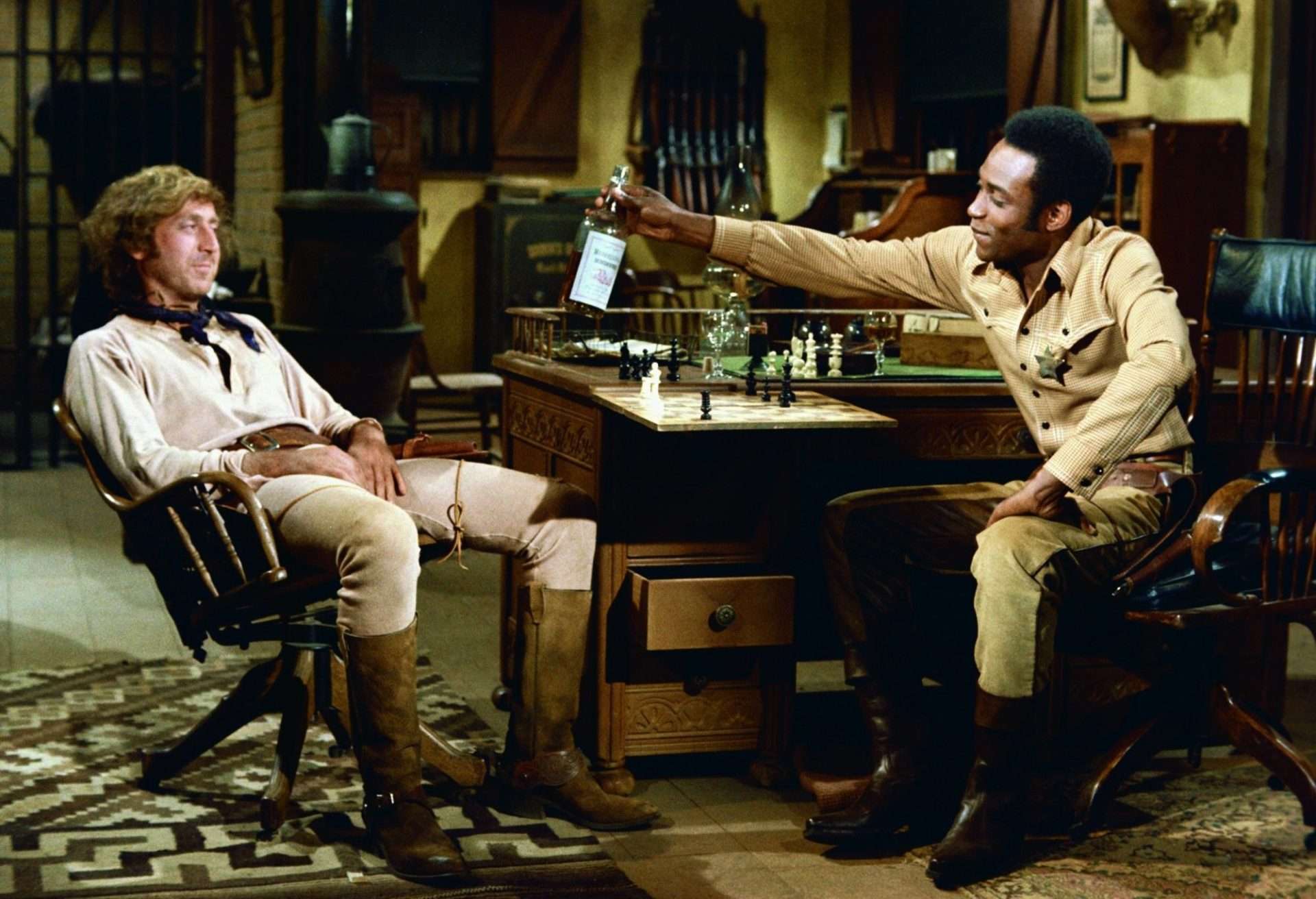
Set in the American West during the late 19th century, Blazing Saddles revolves around a corrupt politician named Hedley Lamarr (played by Harvey Korman), who schemes to take over a small town in order to build a railroad through it.
To drive the residents away, Lamarr appoints a black sheriff, Bart (played by Cleavon Little), hoping that the racism of the townsfolk will lead to chaos. However, Bart teams up with a drunken gunslinger named Jim (played by Gene Wilder) to outsmart Lamarr and win over the townspeople. The film hilariously tackles themes of racism, prejudice, and political corruption while also parodying traditional Western tropes and Hollywood filmmaking conventions.
Directed by Mel Brooks, Blazing Saddles is a movie that, like American Fiction, uses its satirical edge and irreverent humor to play a bigger card in its social commentary. Known for its fourth-wall-breaking character, it’s a film that hasn’t lost its touch almost five decades after its release.
2. CB4 (1993)
Talking about movies like American Fiction, the 1993 satirical comedy CB4 comes to mind. Directed by Tamara Davis, the movie follows the story of Albert, Euripides, and Otis, three friends from a rough neighborhood who form a rap group called CB4. The name “CB4” stands for “Cell Block 4,” a reference to the prison where they claim to have grown up, even though they are not actually from there.
The film is a satire of gangsta rap culture and the music industry as a whole. It humorously depicts the rise of CB4 to fame, their struggles with authenticity, and the various controversies they encounter along the way. As they gain popularity, they face challenges from rival groups and also deal with the repercussions of their fabricated image. In short, much like American Fiction, CB4 is one of those movies that deals with the hypocrisy of people and their superficial relationship with art.
3. Bamboozled (2000)
Telling the story of Pierre Delacroix, a frustrated African American television writer who creates a modern-day minstrel show in an attempt to get fired from his job, Bamboozled is a satirical film directed by Spike Lee. When you first watch American Fiction, you can straight-away point out the inspiration it takes from the 2000 Spike Lee Joint.
Much like American Fiction, Pierre Delacroix’s trick to make his show tank backtracks and becomes a surprise hit. The film, thereafter, delves into the complexities of black identity, cultural exploitation, and the power dynamics within the entertainment industry. It critiques the ways in which stereotypes are perpetuated and exploited for profit in mainstream media.
4. Dear White People (2014)
Justin Simein’s 2014 satire Dear White People explores racial tensions and identity issues among the students at a fictional Ivy League college called Winchester University. The narrative follows several black students as they navigate through various forms of discrimination, microaggressions, and cultural clashes on campus.
The film primarily focuses on Samantha White, a biracial film student who hosts a controversial radio show called “Dear White People,” which critiques white privilege and racism. As Sam becomes increasingly involved in activism and politics on campus, tensions escalate, leading to protests and confrontations between different racial groups.
Much like American Fiction, Dear White People is one of those movies that addresses the themes of racial stereotypes and how pop culture or the world we live in is doing nothing to drive a thought-provoking dialogue about it. The film became such a sensation that later, Netflix decided to adapt it to a longer format.
5. Get Out (2017)
It’s strange to put Get Out on a list of movies like American Fiction, but both films make a powerful statement about racism, especially the one that lies in front of us so casually. Jordan Peele’s debut film follows Chris Washington, a young African-American man who visits his white girlfriend’s family estate, where he discovers a series of disturbing secrets about the family and their affluent, predominantly white community.
As Chris spends more time with his girlfriend’s family, he begins to notice increasingly strange behavior from the other residents, particularly towards him as a black man. The film explores themes of racism, cultural appropriation, and exploitation as Chris finds himself trapped in a horrifying conspiracy that threatens his life.
6. Sorry to Bother You (2018)
In both Sorry to Bother You and American Fiction, the protagonist goes under an alias to get away with something. Boots Riley’s film follows the story of Cassius “Cash” Green, a young African-American man who takes a job as a telemarketer. As Cash struggles to make sales, he discovers a unique talent: using a “white voice” (voiced by David Cross), which helps him excel in his job and rise through the ranks of the telemarketing company.
As Cash climbs the corporate ladder, he becomes embroiled in the company’s sinister plans, which involve exploiting workers and participating in morally questionable activities. The film explores themes of capitalism, race, and exploitation and takes surreal and absurd turns as Cash grapples with his newfound success and the ethical dilemmas it presents.
As far as movies like American Fiction are concerned, Sorry to Bother You is also a brilliant satire on race issues and social hierarchies.

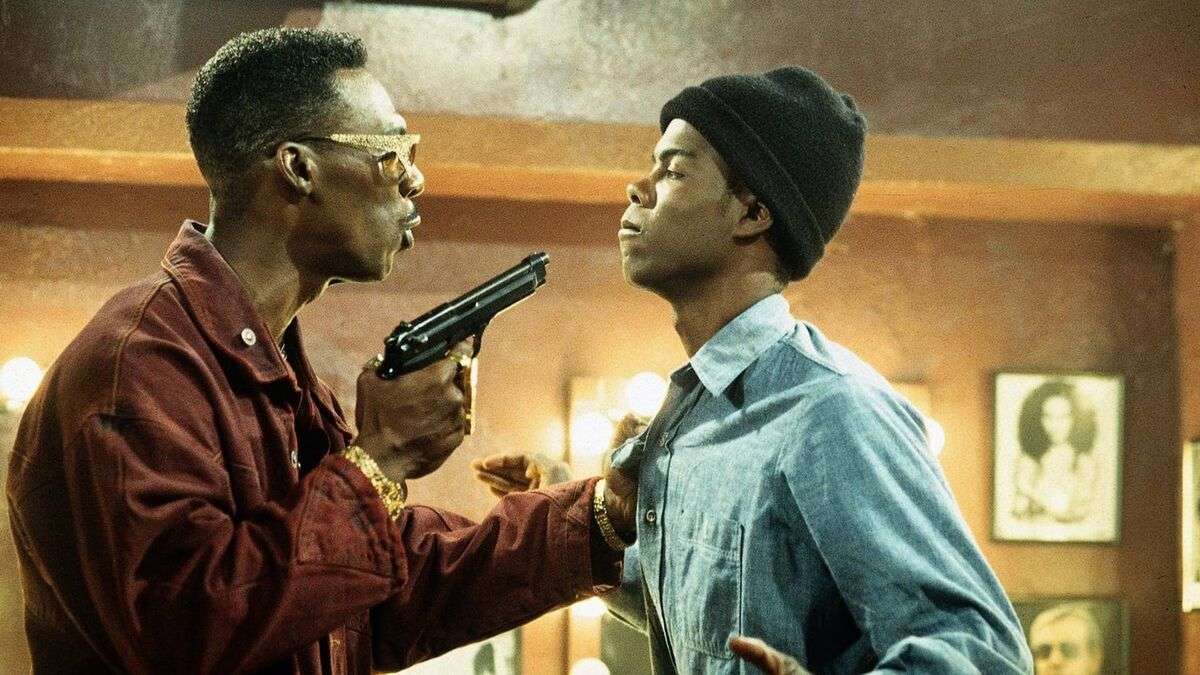
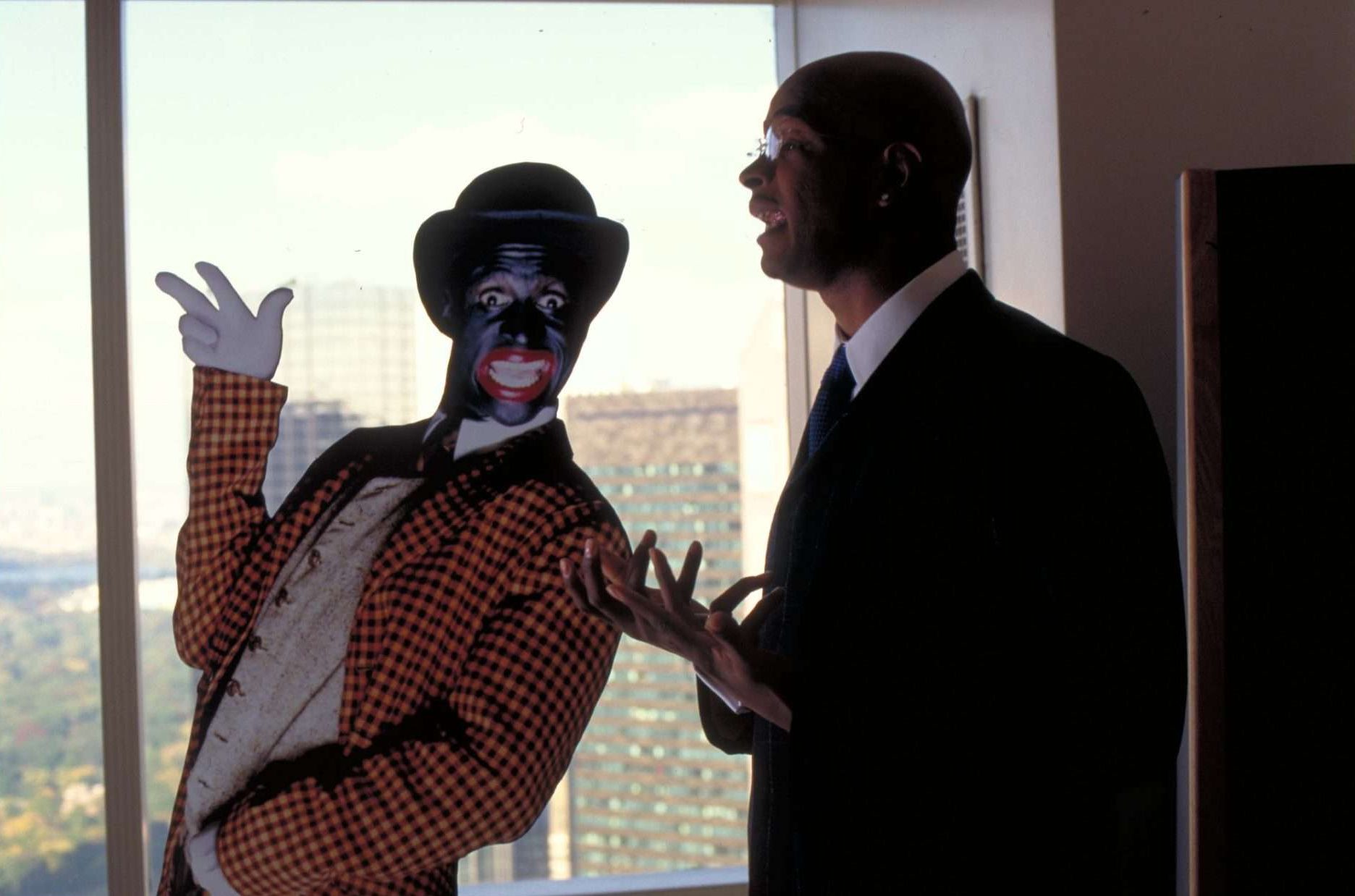
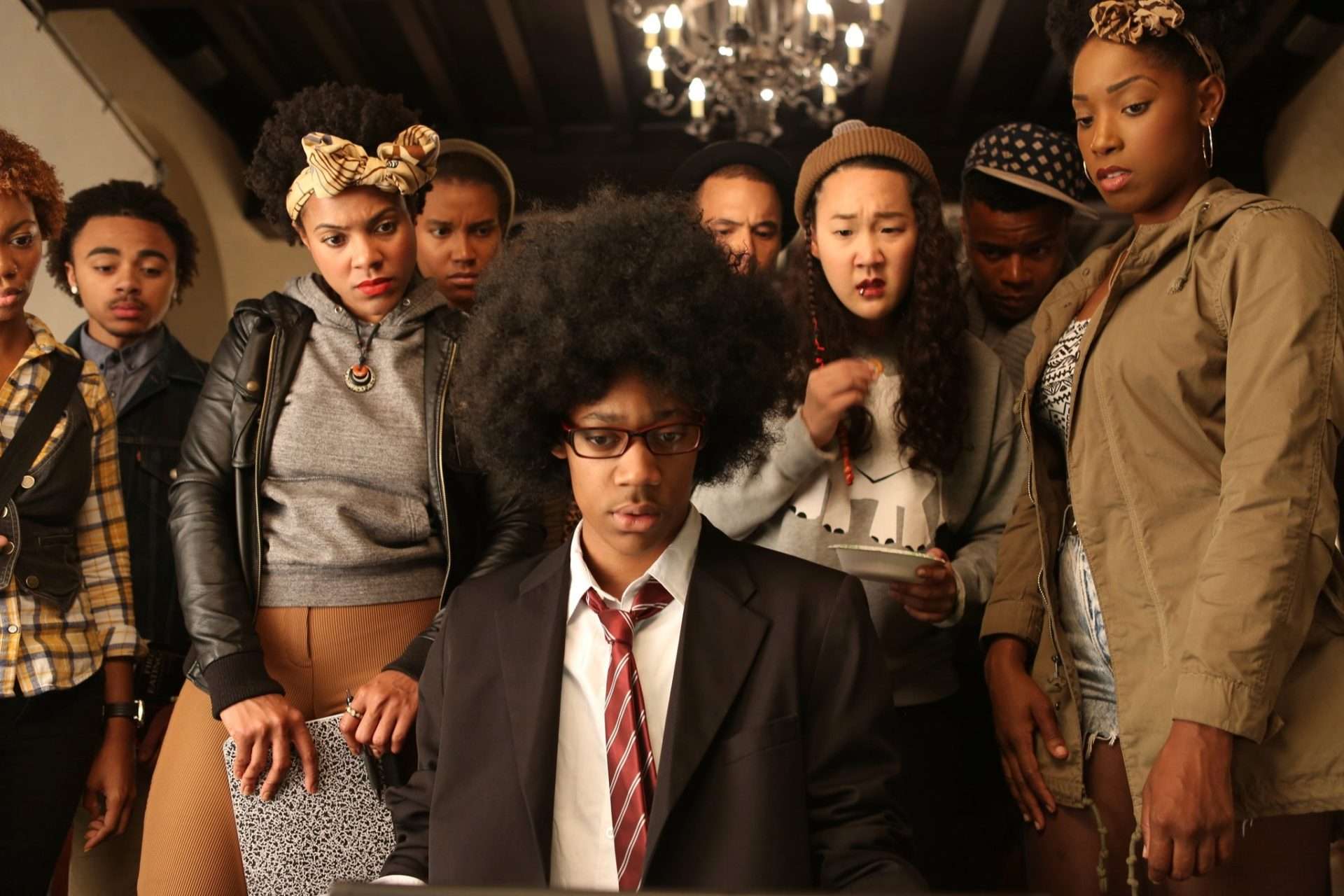
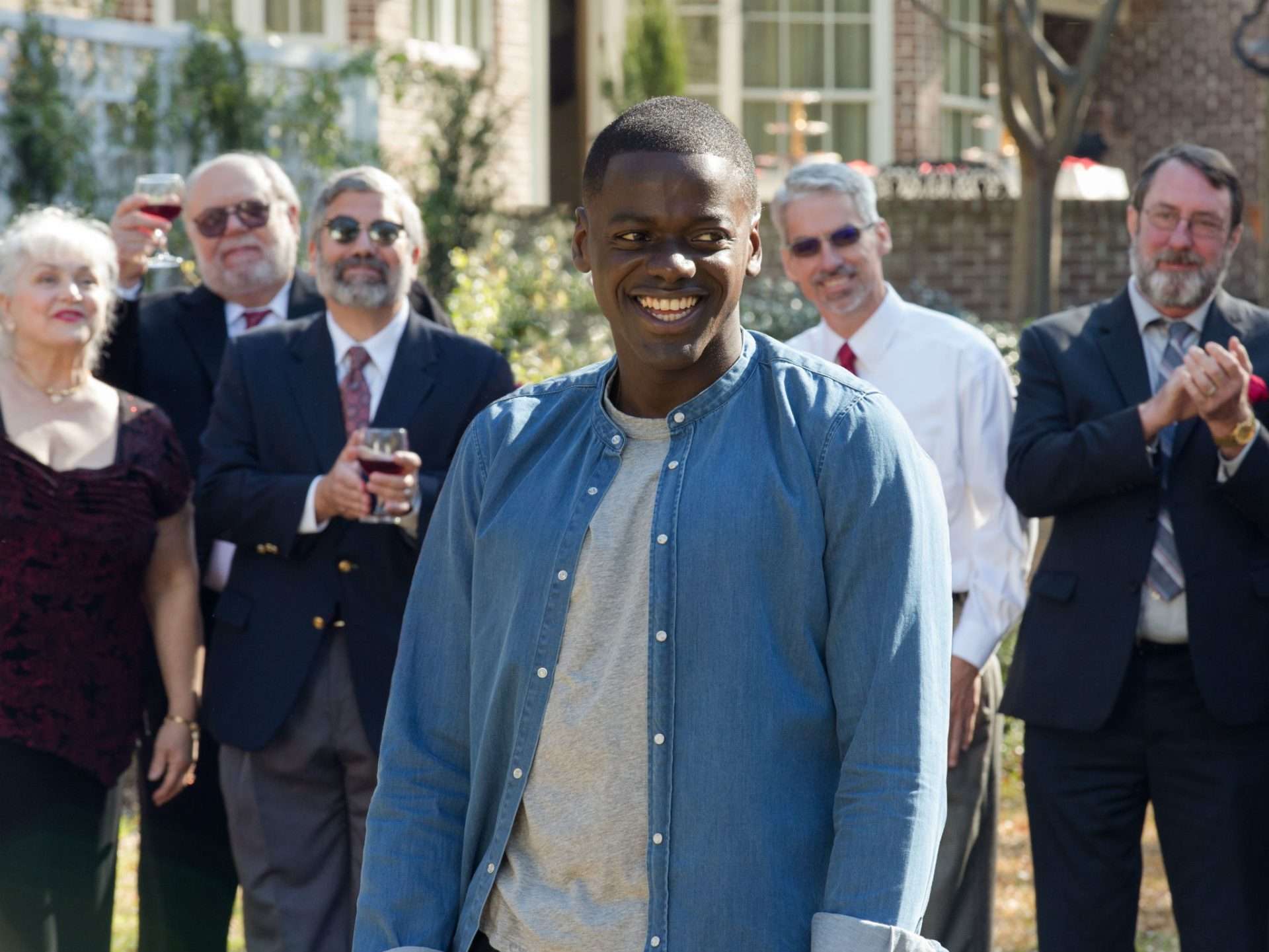







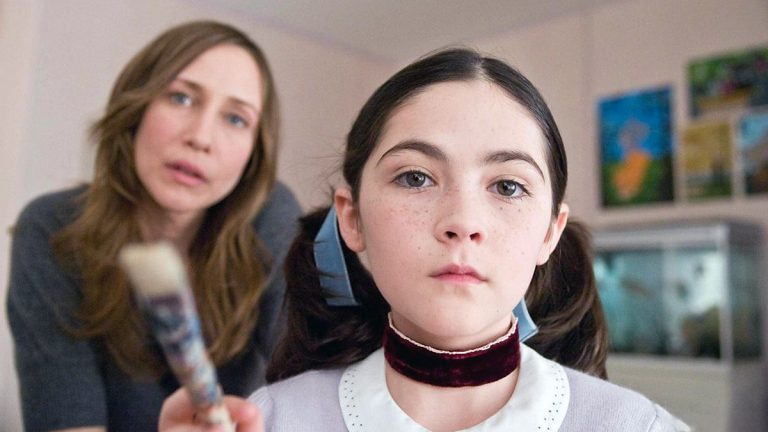
![Of Fathers and Sons [2018] Review: An Unshakeable Portrait of Inherited Islamist Fervour](https://79468c92.delivery.rocketcdn.me/wp-content/uploads/2019/03/of-fathers-and-sons-screenshot-1-768x405.jpg)